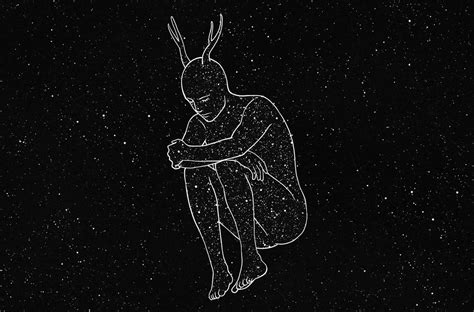Understanding the Causes of Isolation and Disconnection

Navigating the complexities of human relationships can be challenging, and sometimes we may find ourselves feeling isolated and disconnected, like we don’t quite belong. This can be a distressing experience, affecting our mental well-being and overall quality of life. Understanding the reasons behind these feelings can empower us to address them and cultivate a greater sense of belonging.
What is the “Belonging Gap”?
According to a study published by the University of Michigan, over 40% of adults in the United States report feeling lonely or isolated. This phenomenon, known as the “belonging gap,” is prevalent across various demographics and can significantly impact individuals’ happiness and health.
Common Pain Points of Feeling Excluded
When we feel like we don’t belong, we may experience:
- Social withdrawal: Retreating from social interactions and activities due to a sense of inadequacy or discomfort.
- Low self-esteem: Feeling unworthy of acceptance or belonging in social groups.
- Negative self-perception: Holding a negative view of oneself, leading to beliefs that others will not accept us.
- Anxiety and depression: Feeling isolated can trigger mental health issues, such as anxiety and depression.
Motivations Driving the Desire to Belong
Our desire to belong is rooted in several psychological and social motivations:
- Security: Feeling connected to others provides a sense of safety and support.
- Identity: Belonging to groups helps shape our self-concept and sense of purpose.
- Control: Having a sense of belonging gives us a feeling of control over our social environment.
- Mastery: Connecting with others allows us to learn and grow from shared experiences.
Types of Belonging
There are various types of belonging, including:
- Social Belonging: Feeling accepted and connected within a social group, such as family, friends, or colleagues.
- Group Belonging: Identifying with a particular group based on shared values, interests, or experiences.
- Cultural Belonging: Feeling a sense of connection to one’s cultural heritage or community.
- Universal Belonging: Recognizing that we are all part of a larger human family.
Barriers to Belonging
Several factors can create barriers to belonging, such as:
- Prejudice and discrimination: Bias and societal divisions can exclude individuals from social groups.
- Cultural differences: Differences in values, beliefs, or behaviors can lead to feelings of isolation.
- Lack of social skills: Poor communication or social anxiety can hinder our ability to connect with others.
- Personal circumstances: Life events, such as job loss, divorce, or illness, can disrupt social connections.
Tips for Cultivating a Sense of Belonging
Overcoming feelings of not belonging requires a combination of self-reflection and actions:
- Identify your needs: Determine what type of belonging you crave and what specific groups or activities resonate with you.
- Challenge negative thoughts: Replace self-critical thoughts with positive affirmations and focus on your strengths.
- Join groups and activities: Participate in activities that align with your interests and values to meet like-minded individuals.
- Engage in conversations: Initiate conversations, ask questions, and share your thoughts to build connections.
- Practice empathy: Try to understand others’ perspectives and experiences to foster a sense of community.
- Seek professional help if needed: If feelings of isolation persist or interfere with your life, consider seeking professional support from a therapist or counselor.
Comparing and Contrasting Forms of Belonging
**| Type of Belonging | Pros | Cons |
|—|—|—|
| Social Belonging | Strong emotional bonds, support, and a sense of community | Can be limiting or exclusive |
| Group Belonging | Shared identity and values, a sense of purpose | Risk of conformity and groupthink |
| Cultural Belonging | Rootedness in traditions, customs, and history | Can be challenging for immigrants or individuals with mixed cultural identities |
| Universal Belonging | Inclusive and non-discriminatory, a sense of connection to all humanity | Can be difficult to cultivate in practice |
Conclusion
Feeling like we don’t belong can be a painful experience, but it’s important to remember that we are not alone. Understanding the causes of isolation and identifying our own motivations for belonging can empower us to take steps towards building stronger connections. By challenging negative thoughts, joining groups, engaging in conversations, and practicing empathy, we can cultivate a sense of belonging and thrive in our social environment.
